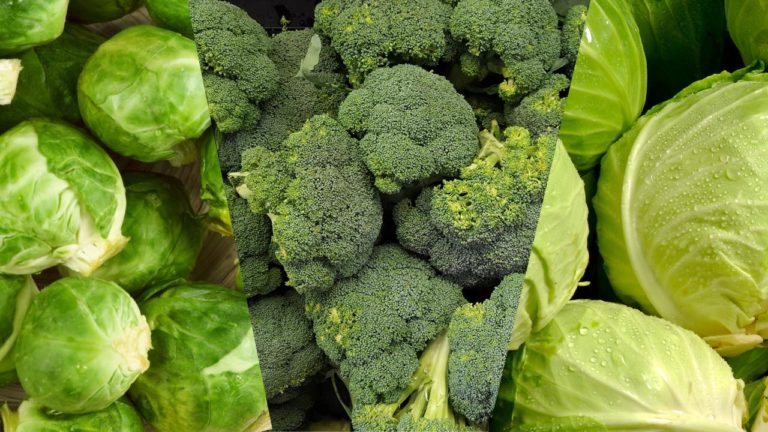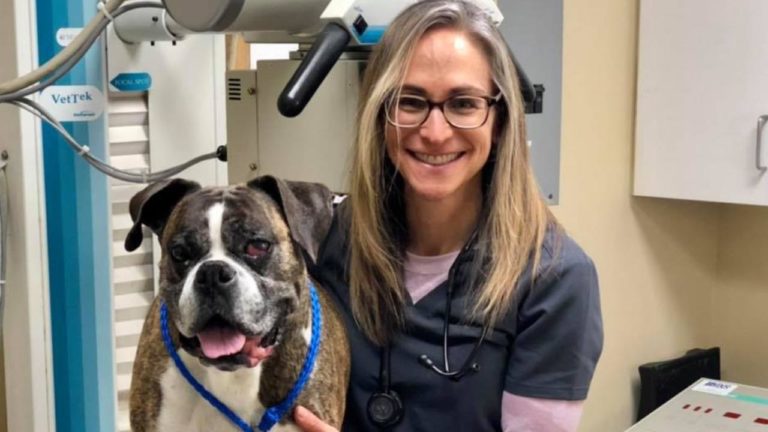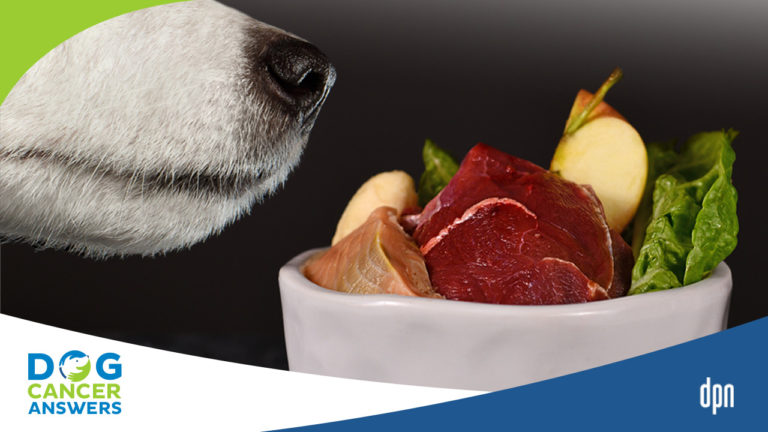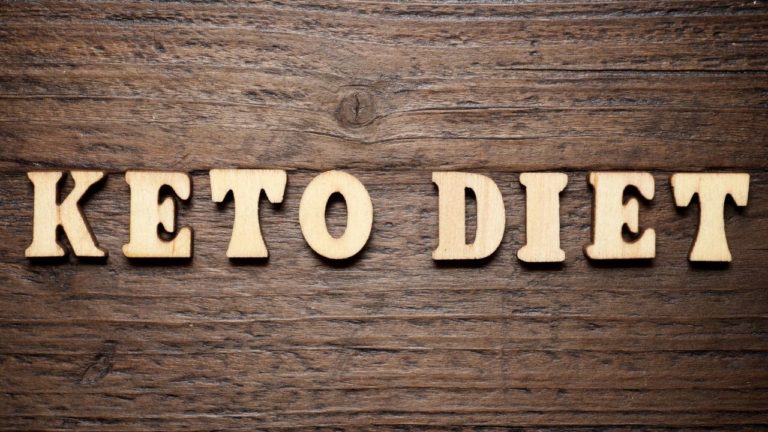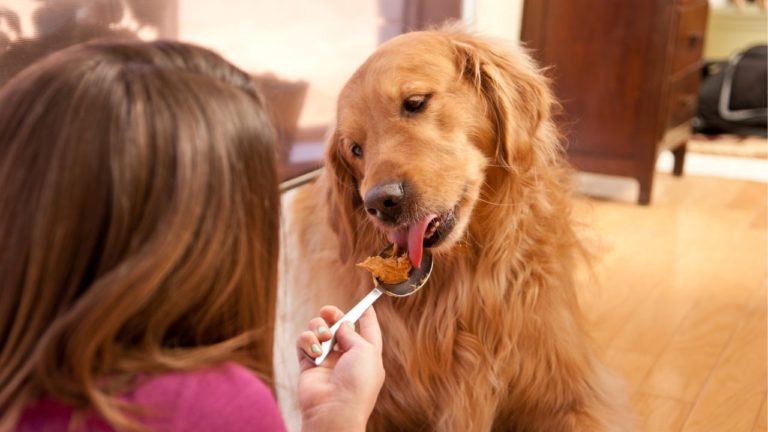Why Don’t Veterinarians Have an Official Dog Cancer Diet?
Veterinarians have diet guidelines for many diseases, from diabetes to pancreatitis to heart conditions. So why not an official dog cancer diet? Especially when human oncologists readily admit that there is a role for dietary changes in cancer treatment? Vets may just not be thinking of cancer as a chronic disease that dogs can live
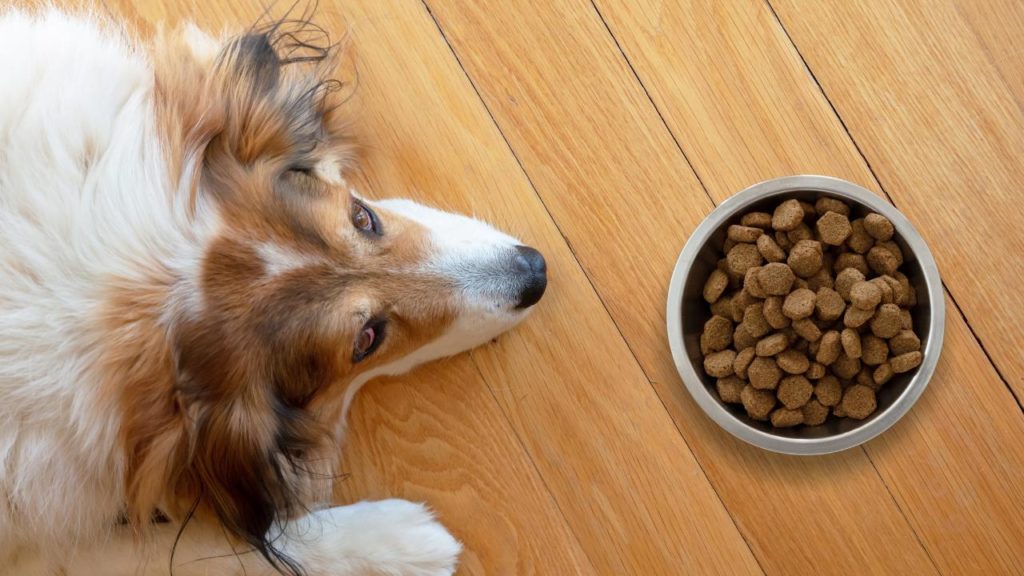
Read Time: 3 minutes
Why isn’t there an official dog cancer diet veterinarians can give their clients? To answer that, we have to take a wide-angle view.
Modern medicine is a developing science. Things are changing and expanding all the time. With all of the new information being produced and the fact that it can now be accessed like never before, change is more rapid than it used to be. This knowledge explosion is predictable and has been identified in computer hardware development as Moore’s Law, where the transistor number on circuit boards doubles every 18 months.
Yet despite exploding information, we still face significant challenges in dog cancer. There are forces at play that stifle the growth of information that could be useful in treating dog cancer. Some of these include the fact that research has leaned towards reduction1 (looking at small things instead of larger body systems), peer pressure among researchers2 to stay within what is accepted (the old ideas) or face ridicule and perhaps career loss, and the tendency of the scientific method to move by branching off existing ideas3 rather than leap sideways.
Why Isn’t There an Official Dog Cancer Diet?
One of my challenges in trying to help people coping with dog cancer is how conventional veterinary care continues to ignore diet as a treatment. For the life of me, I do not understand this.
Even non-veterinarians know that diet impacts physiology, health, and disease. One does not need a fancy degree to be aware of this fact. The evidence is all around us and can be appreciated by having eyeballs, ears, and a brain.
Even if the general public did not know this truth (which they do), veterinary medicine acknowledges that diet is important for dog health. We have prescription diets available for many illnesses … but not cancer. We have homemade diet recipes we are trained to provide our clients that are adjusted to fit the new needs of the diseased body … but not for cancer.
We have diets to help:
- treat obesity
- maintain a lean body condition
- dissolve urinary stones
- maintain crystal-free urine
- treat food allergies
- aid in the management of vomiting and diarrhea
- assist in dealing with liver disease
- lower blood toxins in kidney disease
- help with pancreatitis
- support cardiac patients
- decrease inflammation from arthritis and other orthopedic problems
- the brain in dealing with aging changes
We have diets for large, medium, and small breed dogs. We have diets for sensitive tummies and skin … and so on.
But no official diet for cancer.
I’ve made one for dogs with cancer, which is in my book and has been reviewed by veterinary nutritionists. It’s helped hundreds of thousands of dogs. But I have yet to see anything like it adopted officially.
Let’s Think of Cancer as a Chronic Disease
What do all of the diseases above have in common? They are all considered chronic.
A prescription diet was once formulated for cancer, but it never caught on.
I think the main reason we don’t have official homemade diet guidelines for dog cancer is that we don’t think of it as a chronic disease.
If we thought of cancer as chronic, would we come up with official dietary guidelines for it?
But that’s wrong. Cancer CAN be managed as a chronic disease. It’s not an immediate death sentence!
Dog cancer is the number one cause of canine death, with 1 in 3 dogs contracting it of any age.4 If your dog is over 10, she has a 50% chance of getting cancer. According to the Animal Cancer Foundation, there are 6 million dog cancer cases annually. Sorry, but with that many patients experiencing cancer, we should start thinking of it as something to live with, like diabetes, heart disease, or allergies.
So, you can help. Ask your vet about diet if you have a dog and are coping with dog cancer.
Best,
Dr D
Editorial Note: This post was originally published on a retired blog about dog cancer.
1. Belluz J, Plumer B, Resnick B. The 7 biggest problems facing science, according to 270 scientists. Vox. https://www.vox.com/2016/7/14/12016710/science-challeges-research-funding-peer-review-process. Published July 14, 2016. Accessed December 5, 2022.
2. McLelland CV. The Nature of Science and the Scientific Method. Geological Society of America. https://www.geosociety.org/documents/gsa/geoteachers/NatureScience.pdf. Accessed December 5, 2022.
3. Shuttleworth M. Scientific Reductionism. Scientific Reductionism – Reducing Complex Interactions in Research. https://explorable.com/scientific-reductionism. Accessed December 5, 2022.
4. We Are the Cure. The National Canine Cancer Foundation. https://wearethecure.org/. Published November 30, 2022. Accessed December 5, 2022.
Demian Dressler, DVM
Topics
Did You Find This Helpful? Share It with Your Pack!
Use the buttons to share what you learned on social media, download a PDF, print this out, or email it to your veterinarian.


